Andrew Tidmarsh and Dr Tara Swart
An Attitude
for Acting
How to Survive (and Thrive) as an Actor

NICK HERN BOOKS
London
www.nickhernbooks.co.uk
Contents
This book is dedicated to all who dare to dream
Look up to the sky
Youll never find rainbows
If youre looking down.
Charlie Chaplin
from Swing High Little Girl
Our thanks to Helen Galley, Sue Curnow, Emma Style, Anne Henderson, Alexander Felton, Marek Oravec, Emily Butterfield, Cordelia Galloway, Benjamin Askew, Elizabeth Watkins, Fanny Balcombe, Brigid Panet, Alyssia Kyria, Matt Applewhite and Nick Hern
A.T. & T.S.
Introduction
The idea for this book came from a conversation. We were talking about how much time is spent looking for work, compared with actually doing it. Tara revealed that for her and her colleagues executive and business coaches they spend the vast majority of their working day looking for work: following up on emails, making new contacts or pursuing old ones. For someone working in the arts, this is a revelation. Artists tend to think of themselves differently: they consider the work to be when they are actually creating something, rather than when they are looking for the opportunity to create. When our thoughts turned to actors, it became clear that introducing this almost radical idea could be life-changing. It is clear that a new model is required of how actors view themselves, and how they pursue work. The old model of an actor sitting and waiting for the phone to ring is clearly redundant; we know from talking to many actors that the phone is not ringing. This is what we set out to do in this book: a practical system of exercises and challenges to accompany you in your career. These activities will keep your thinking sharp, your expectations high, and your confidence secure. The fact that you are a talented actor is not something that is under discussion; we assume that you are. The issue, then, is that you are not thinking like a successful actor, and this is the shift in paradigm which needs to be initiated.
Two approaches come together in this book, and in this practice: the science of the brain meets the world of acting. Tara is a medical doctor, neuroscientist and executive coach. Andrew is a theatre and film director, and teacher at UK drama schools. The integration of these two approaches is what makes the book and its suggested methods unique. We hope that the exercises in this book give you a growing sense of core stability: self-awareness, self-confidence and courage. And in turn, the support that this attitude gives will make you strong, active and creative.
We make no promises that reading this book and doing the exercises will lead to fame and fortune. However, we feel confident that reading this book can result in greater happiness, fulfilment, and an increased sense of purpose. We know how it feels when things seem irrevocably bad. The suggestions in this book will help in getting you out of one of those slumps of hopelessness, and also offer a sustainable practice to keep these woes at bay.
Andrew Tidmarsh and Dr Tara Swart
A Useful Attitude
There is nothing
either good or bad,
but thinking makes it
so.
Hamlet, Act II Scene ii
As an actor, feelings of powerlessness are an easy option. You often have the impression that you have no control over the path you are taking. Your success and happiness are being prevented by people you do not know and have no way of meeting: agents, casting directors, producers and directors. You are stuck in a cycle of aspiration and disappointment, and each day ends with a dissatisfied feeling of if only.
Let us introduce Lucy. Lucy was thrilled when shortly before her eighteenth birthday she won a place at one of the countrys top drama schools. That was five years ago. Lucy enjoyed the first two years of her course. Guest speakers often came in to tell her and her fellow students how hard it was being a professional actor, but Lucy thought that she would be all right. Other people would find it hard: those who are not as talented, or who do not want it as badly. Then, in the final year, she felt that she was not getting the parts in the productions that she deserved. She watched some of her classmates being snapped up by top agents while she was left going for meetings with mediocre agents who did not really excite her. But Lucy signed up with an agent, and, when she first left drama school, she went up for many auditions, but these have slowly decreased in number. Lucy has the feeling that as younger actors have joined the agency, they are now being given the chances that she once had, and her career is being neglected by her agent. Lucy has done some work in the three years since leaving drama school: a national tour of a Jane Austen adaptation, an episode of Doctors and a small part in an independent British film. Meanwhile, one of Lucys classmates is nearly A-list. There are articles about her in gossip columns and photographs of her appear in tabloid newspapers. This classmate has been in a prime-time BBC drama and made two feature films with a major Hollywood film studio. She even occasionally pops up on chat shows. There seems to be one in every year at each reputable drama school: an actor who leaves and goes on to instant film and television success. This seems so unfair.
Lucy feels trapped and unhappy. She recently did a play in a theatre above a pub in North London. She felt that the work was good, but few people came to see it; not even her agent. Lucy got on well with the cast members but few of them had done any paid work at all, and so she felt that they were all a little beneath her in terms of what league they were in. She made a decision that she would never do fringe theatre again, as she felt that doing a profit-share meant that she was making a financial investment herself, as she had to miss work for rehearsals, but still pay her rent and bills. There was clearly not going to be much profit from the profit-share.
Lucy is lucky as she has paid work in a local caf. They are flexible with her shifts, so she can get time off for auditions when they occur. She also knows the regular clientele, and so has a sense of belonging, although she gets embarrassed when they ask about her acting career, as she does not seem to have done much lately. Once a week, Lucy helps in a local young persons drama group. The participants range from eleven to fifteen years old, and they are usually full of enthusiasm. Initially Lucy enjoyed helping out, but now she is feeling tired; tired of keeping other peoples dreams alive when hers are fading. In fact, Lucy is thinking about herself less as an actor, and more as a waitress and part-time teacher. When an audition comes along, Lucy feels so nervous and desperate that she does not enjoy the meeting and is convinced that she does not show herself off at her best. She is beginning to lose her confidence and wonder if she is ever going to act again. Lucy is starting to think that she will give it another twelve months, after which she will put an end to this misery. She has considered training to become a primary-school teacher.
There may be elements of Lucys story that you recognise:
 The feelings of hope and enthusiasm you once had when you were younger disappearing.
The feelings of hope and enthusiasm you once had when you were younger disappearing.


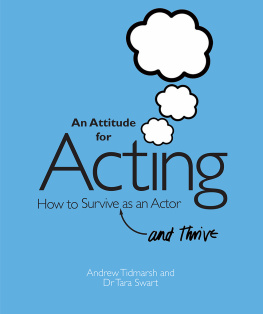

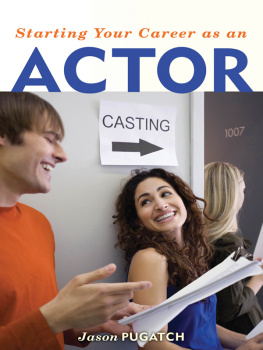
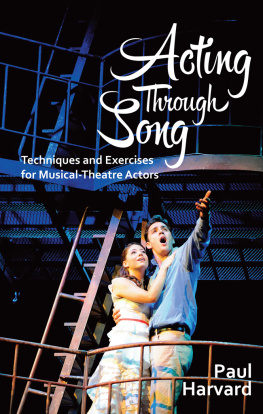
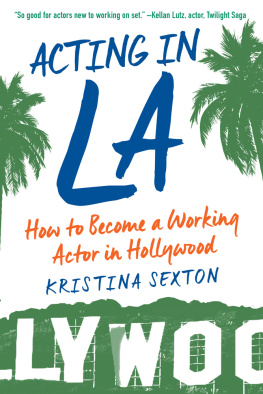
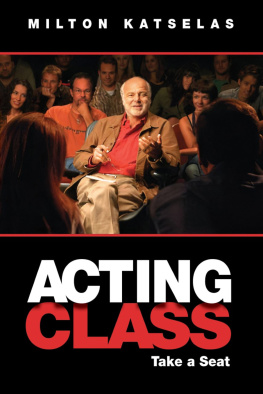
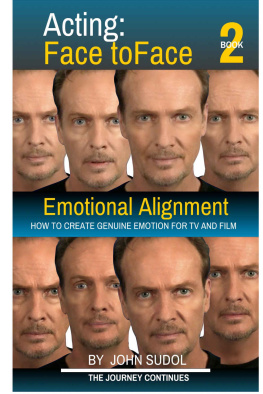
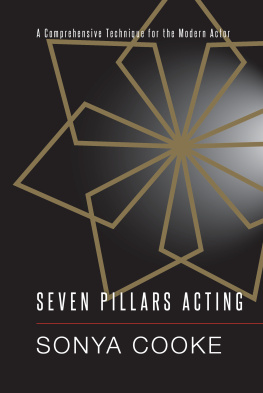
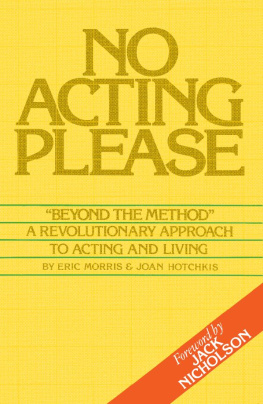
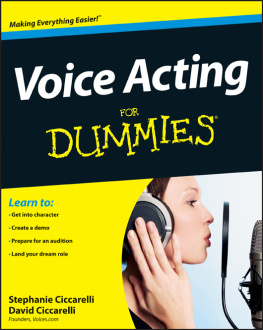
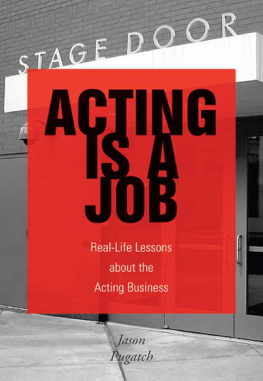


 The feelings of hope and enthusiasm you once had when you were younger disappearing.
The feelings of hope and enthusiasm you once had when you were younger disappearing.